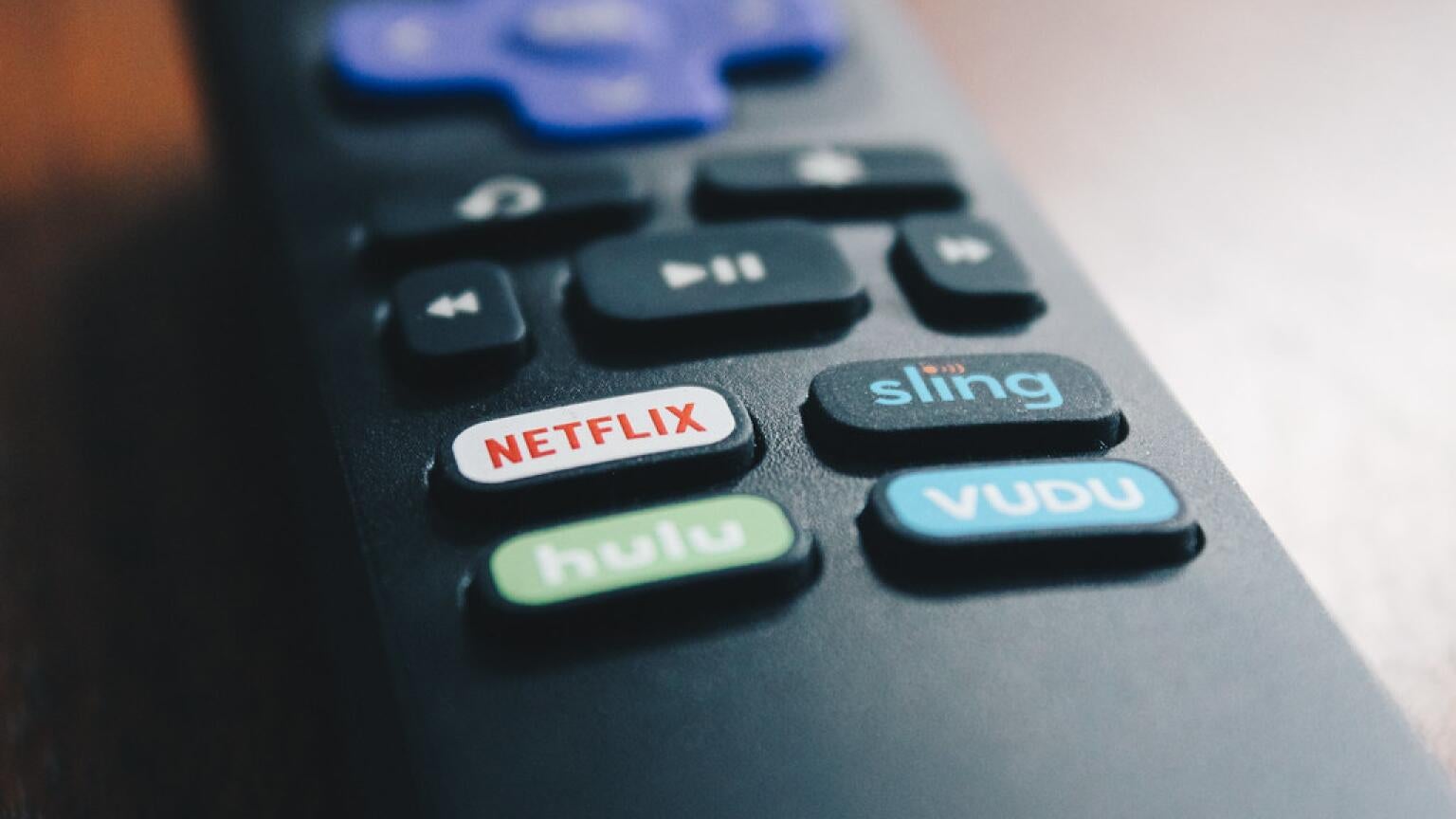Why Other Streamers Might Not Want to License Catalog Content to Netflix
Why Other Streamers Might Not Want to License Catalog Content to Netflix

Whether the Streaming Wars have ended, or simply entered a new phase is up for debate. Streaming executives across the industry are moving forward on their cherished plans for making their service profitable, and many are exploring the possibility of content licensing as a way to achieve that goal.
Disney is one of the companies that has generated the most buzz in this regard. Disney is still grappling with quarterly deficits from its streaming segment to the tune of $1 billion or more, and it has a huge library of older titles it could license to other platforms. CEO Bob Iger has confirmed that's a possibility, though he stressed that core franchises like Marvel and Star Wars will continue to reside exclusively on Disney+.
Get Disney+, Hulu, and ESPN+ for just $16.99 a month ($14 savings).
Warner Bros. Discovery has already matched deed with intention, licensing shows like “Westworld” and “The Nevers” to free streamers The Roku Channel and Tubi. There could be much more to come from WBD; it has a large back catalog, and CEO David Zaslav has estimated the majority of HBO Max viewership comes in on around 40% of its content. That leaves a large selection of titles that could potentially still be licensed out, especially when HBO Max becomes Max on May 23, and its library incorporates most of the content from discovery+.
It’s hard for any executive to turn down a good deal, but there’s one company these outlets should avoid at all costs when thinking about who to license their older library content to: Netflix. At 232.5 million subscribers, Netflix is the largest streaming service in the world, and its selection of older, lean-back titles is quite impressive enough as it is. This is not to say that companies shouldn’t work with Netflix on new shows; WBD, for instance, is responsible for most of the production costs of “Ted Lasso,” but licenses that show to Apple TV+ because the fee is larger than what WBD thinks it could make back from the show on its own. But licensing older titles from deep in content vaults is another story.
Netflix is already home to shows like “NCIS” and “Grey’s Anatomy,” which are frequently featured on Nielsen’s top 10 streaming titles in a given week. In fact, according to Bloomberg's Lucas Shaw, “NCIS” has occupied more time in the top 10 than any other show, and has been on the list for more than 100 weeks since March 2020. If Netflix continues to acquire lean-back library content from other streamers, users might start to wonder why they need more than one streaming subscription at all.
If anything, the popularity of these titles on Netflix demonstrates that streamers might need to work harder to get their biggest titles back. “NCIS” was the second-most watched title in the streaming world in 2022 according to Nielsen (though its high episode count helps it in this regard). “Grey’s Anatomy” takes the sixth spot, and the companies who produce these titles (Paramount and Disney, respectively) may find the engagement they drive on their own streaming platforms could outweigh the licensing fee Netflix is paying to keep them.

Shaw’s data shows that streamers are just now starting to see the benefit of clawing back the rights to popular shows from Netflix. HBO Max, for example, was able to reclaim “Friends” in early 2020, and NBCUniversal took back the rights to “The Office” later in that year. In early 2021, Netflix’s share of the most popular acquired titles among all streamers was 100%. Nowadays it hovers between 50% and 75%, a sign that its grip on the most beloved library shows in the industry has loosened, but only a bit.
Licensing catalog titles is a worthwhile endeavor that can bring quick infusions of cash into media companies. But streamers like Disney+ and HBO Max will want to make sure they’re choosing their partners carefully, and avoid sending big-name shows and movies to Netflix. If the world’s largest streamer continues to add valuable lean-back programming to its library, it could make even its biggest competitors obsolete in the eyes of the global streaming audience.
-
Disney+
Disney+ is a video streaming service with over 13,000 series and films from Disney, Pixar, Marvel, Star Wars, National Geographic, The Muppets, and more. It is available in 61 countries and 21 languages. It is notable for its popular original series like “The Mandalorian,” “Ms. Marvel,” “Loki,” “Obi-Wan Kenobi,” and “Andor.”
-
Max
Max is a subscription video streaming service that gives access to the full HBO library, along with exclusive Max Originals. There are hubs for content from TLC, HGTV, Food Network, Discovery, TCM, Cartoon Network, Travel Channel, ID, and more. Watch hit series like “The Last of Us,” “House of the Dragon,” “Succession,” “Curb Your Enthusiasm,” and more. Thanks to the B/R Sports add-on, users can watch NBA, MLB, NHL, March Madness, and NASCAR events.


